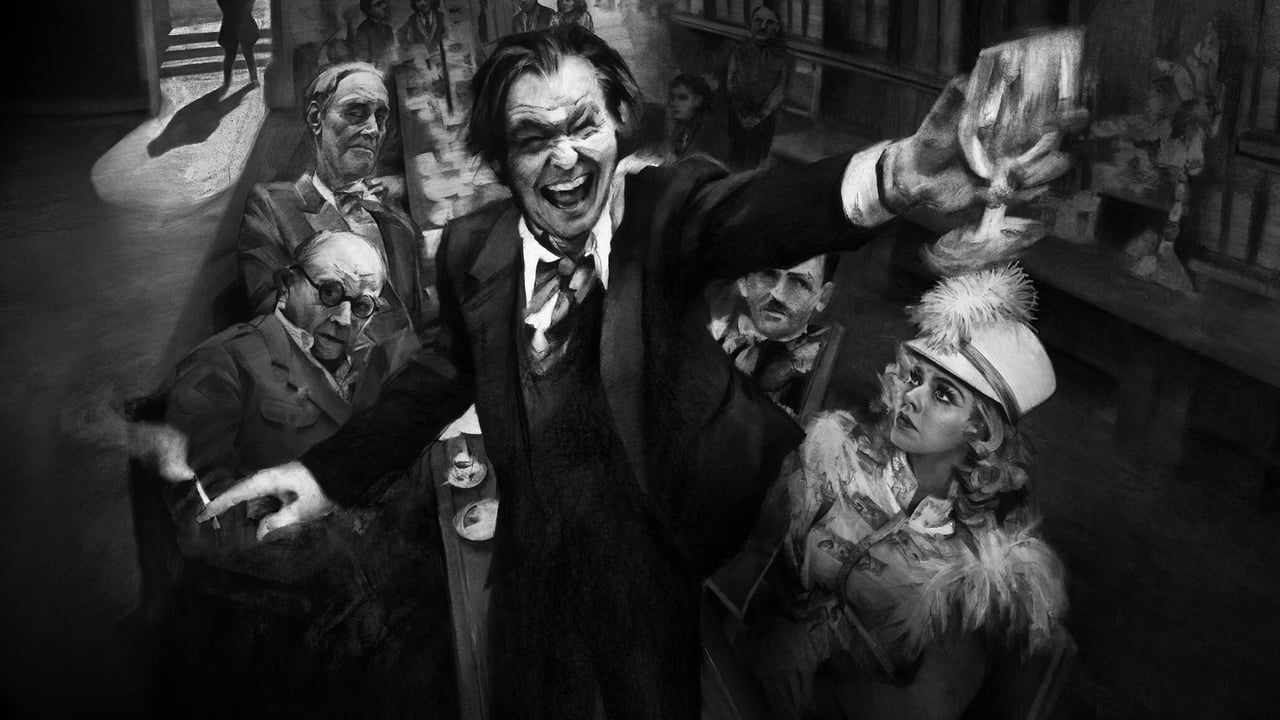This features another quite impressive, powerful, performance from Gary Oldman as David Fincher uses his stylish and authentic portrayal of the borderline iconoclast Herman J. Mankiewicz to take us on a tour of Hollywood in the 1930s. It's told by way of flashback, as the bed-ridden Oldman is working on his screenplay for "Citizen Kane" and through his frequently drunken hazes we experience much of the politics, bigotry, misogyny, and pretty blatant corruption that prevailed in the upper echelons of the studio system as espoused by the likes of Louis B. Meyer (Arliss Howard); Irving Thalberg (Ferdinand Kingsley) and most especially the king of the hill - WR Hearst (Charles Dance). The monochrome photography adds much to the rich look of the film, and Jack Fincher provided the star with some wonderfully eloquent (often wittily loquacious) monologues - particularly towards the end as his battle against the booze starts to become more of an effort for him to fight and his friends begin to redefine their relationship with him. I was less impressed with the supporting cast - Dance dressed like a circus ringmaster for much of the time and Amanda Seyfried and Lily Collins struggled to make much of an impact, even though both roles are significant in the lives of Mankiewicz and Hearst respectively. It's a considered work, this - it doesn't dwell on the salaciousness of the scenarios; indeed it seems hell bent on avoiding dirtying it's hands with any of the concomitant scandal that accompanied the era, and that is quite odd. It robs the storyline of the oxygen of the underling politics and power-broking that created the ambience Mankiewicz so resented - even loathed. I saw it on the big screen about a day before Netflix rolled it out, and on balance I think a television viewing is all this needs. It's good - but not great.
